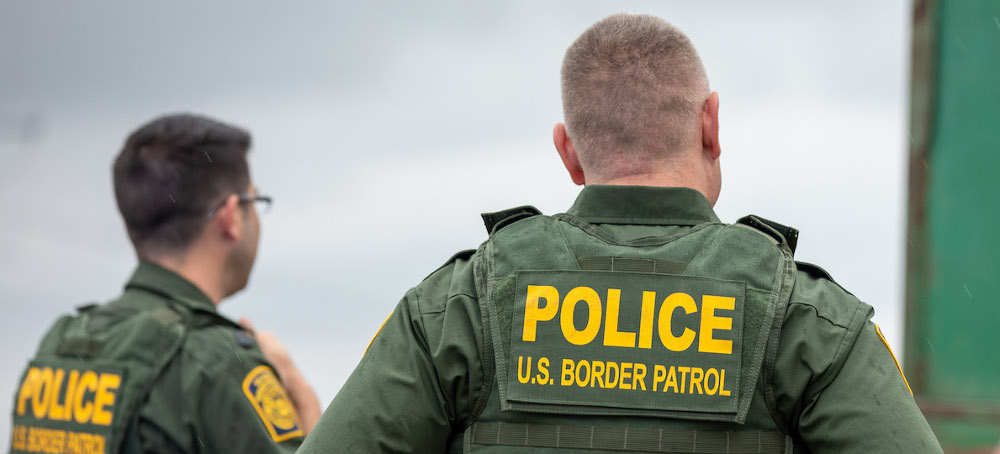A Border Agent Was Just Charged With Taking Bribes From Cartels to Smuggle Drugs
 Officer Leonard Darnell George is accused of allowing vehicles stuffed with fentanyl, methamphetamine, cocaine and other drugs into the U.S. via the Mexico border. (photo: AP)
Officer Leonard Darnell George is accused of allowing vehicles stuffed with fentanyl, methamphetamine, cocaine and other drugs into the U.S. via the Mexico border. (photo: AP)
Officer Leonard Darnell George is accused of allowing vehicles stuffed with fentanyl, methamphetamine, cocaine and other drugs into the US via the Mexico border.
Officer Darnell George “did directly and indirectly corruptly demand, seek, receive, accept, and agree to receive items of value in return for being induced to permit narcotics laden vehicles entry into the United States,” according to a press release from the U.S. Customs and Border Protection agency, which cited the indictment.
Federal prosecutors also charged him with possessing a firearm to facilitate drug trafficking.
If convicted, George faces a life sentence.
The case is the latest example of collusion with organized crime by branches of U.S law enforcement and security.
“It is the responsibility of all government employees to operate with the utmost integrity and do their best to foster and maintain the public's trust,” FBI San Diego Field Office Special Agent in Charge Stacey Moy said in a statement. “Anyone who violates that trust will be held accountable for their actions.”
“The vast majority of CBP officers are highly skilled, hard-working professionals dedicated to our mission of protecting the American public and we do not stand for those that would tarnish our badge,” Sidney Aki, Director of Field Operations for CBP in San Diego said in a statement.
But it’s not the first time that corruption has been highlighted within the Customs and Border Protection Agency and even the armed forces. For years, cases have highlighted corruption within their ranks, because agents and officers stand to profit from drug traffickers and migrant smugglers seeking to circumvent law enforcement.
In June, a veteran Border Patrol agent pleaded guilty to accepting bribes in exchange for using his Border Patrol uniform and patrol vehicle to smuggle people and drugs into the U.S. In January, a federal judge in Texas sentenced a Border Patrol agent to 121 months in prison for attempting to aid the trafficking of cocaine into the U.S. at a U.S.-Mexico checkpoint.
In 2019, more than a dozen Marines based at Camp Pendleton in Southern California ran a smuggling ring to bring migrants into the U.S.

No comments:
Post a Comment
Note: Only a member of this blog may post a comment.